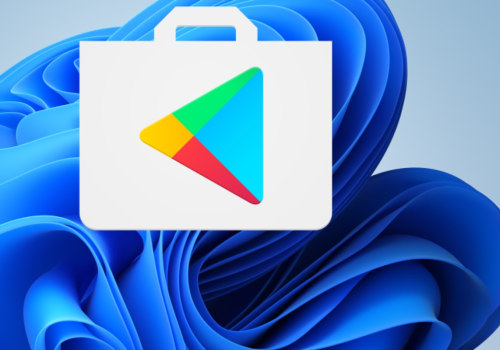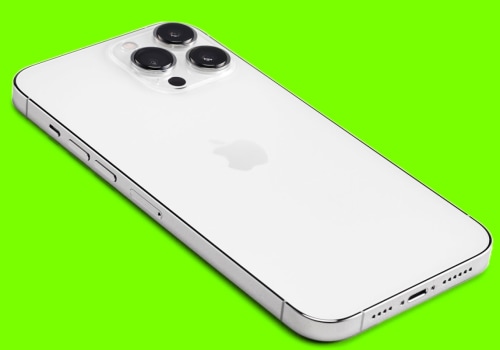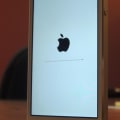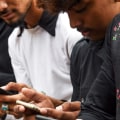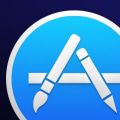The majority of apps on iPhones can only be installed through the App Store, and Apple doesn't offer an official way to install software outside the App Store. But there is a way to do it - sideloading. Sideloading is the name used to install applications directly on the iPhone instead of using the App Store. It's not a common way of doing things, but it's possible.
By installing unauthorized applications from alternative sources, you are circumventing security measures. Be very careful with the applications you decide to download, check and recheck the background of these applications and the background of the developers who create them. In general, you should only install apps outside of your phone's app store if you have a very good reason to do so. The App Store ecosystem may be restrictive, but it is so that Apple can ensure the quality and security of applications.
Web applications are sometimes an option if you need to access applications that aren't in the official Google store. Like Tutu Helper, you don't need to jailbreak your device to download apps that aren't compatible with Apple. If demand for Epic prevails and Apple is forced to support alternative app stores on the iPhone, these existing methods could offer a preview of what the future iPhone app market will look like. Apps may disappear from the App Store because Apple removed them due to policy violations, malware, or malfunctions.
In Android 11, the process is changing slightly, so the downloaded application will have to be restarted once you've given it permission to run. Once you've applied the jailbreak, you can install almost any application you like, applications to change the appearance of the interface, access the file system more easily, have applications superimposed on top of each other, and much more. The advantage is that you can use alternative app stores, install any application you want, and access the main iOS files. You can also install applications from file synchronization services, such as Dropbox, as long as you enable this feature for the corresponding application. In the legal filings, Epic said that Apple controls the only way to install applications on an iPhone, giving it an anti-competitive dominance in the app market.

